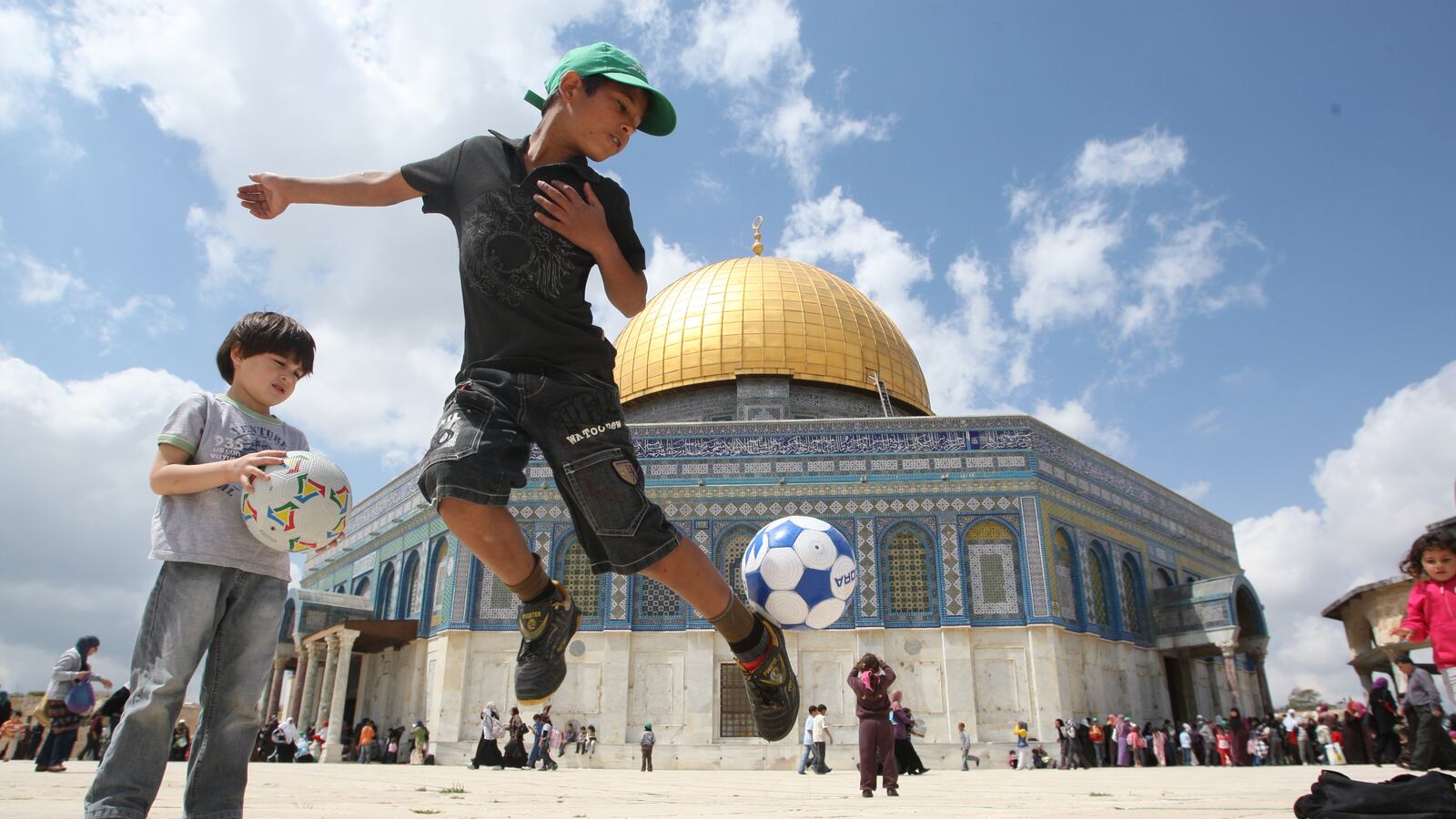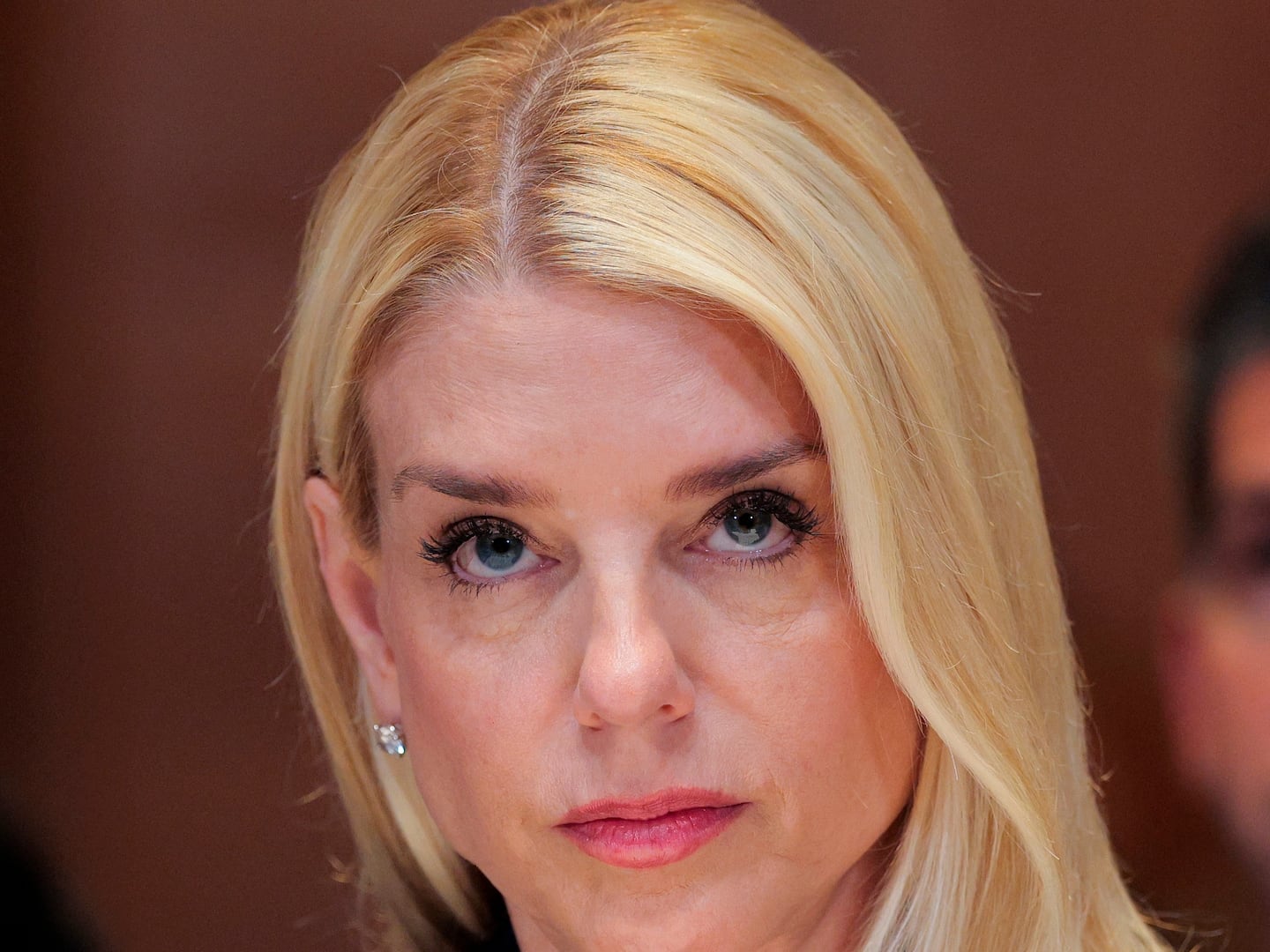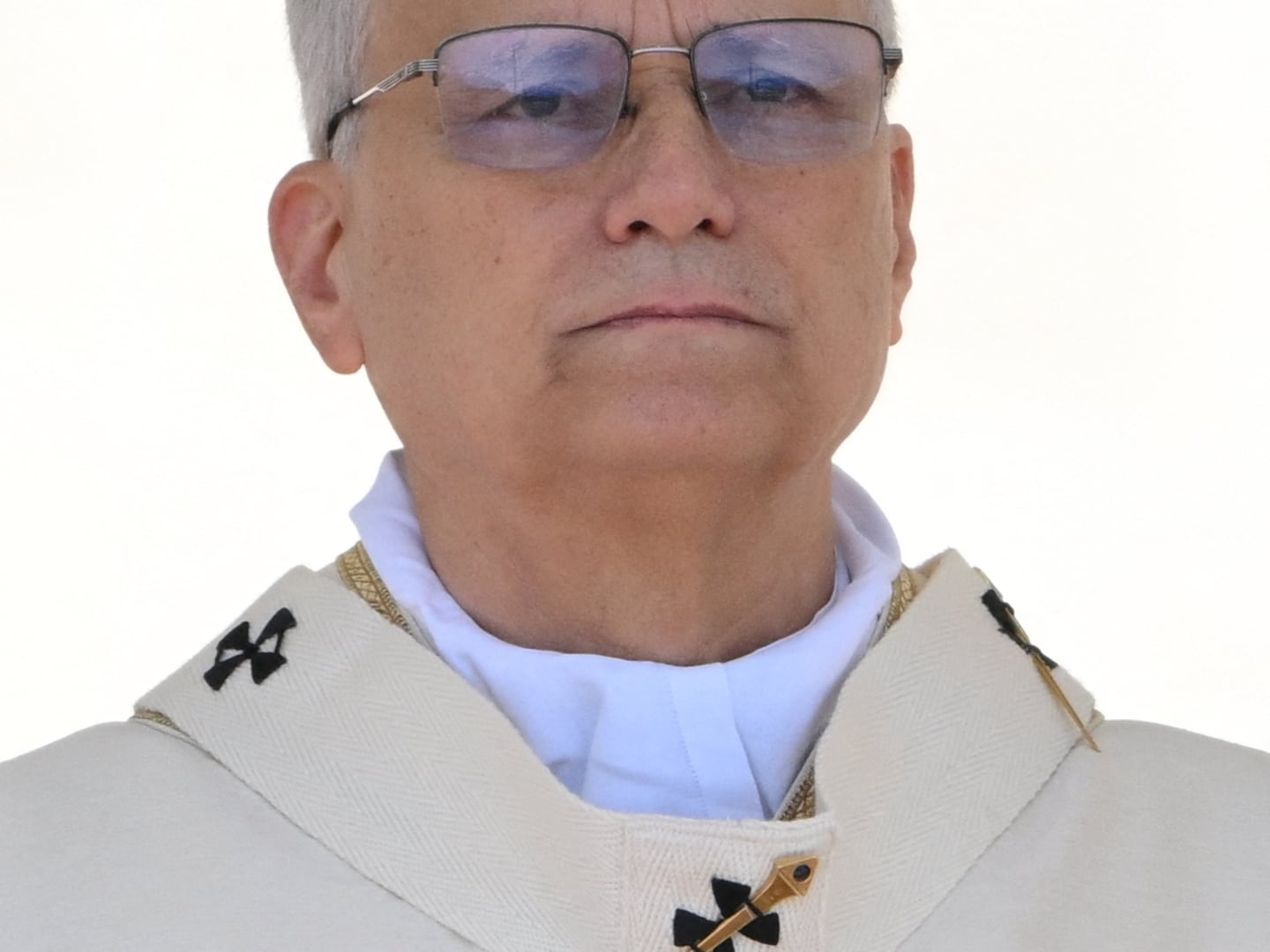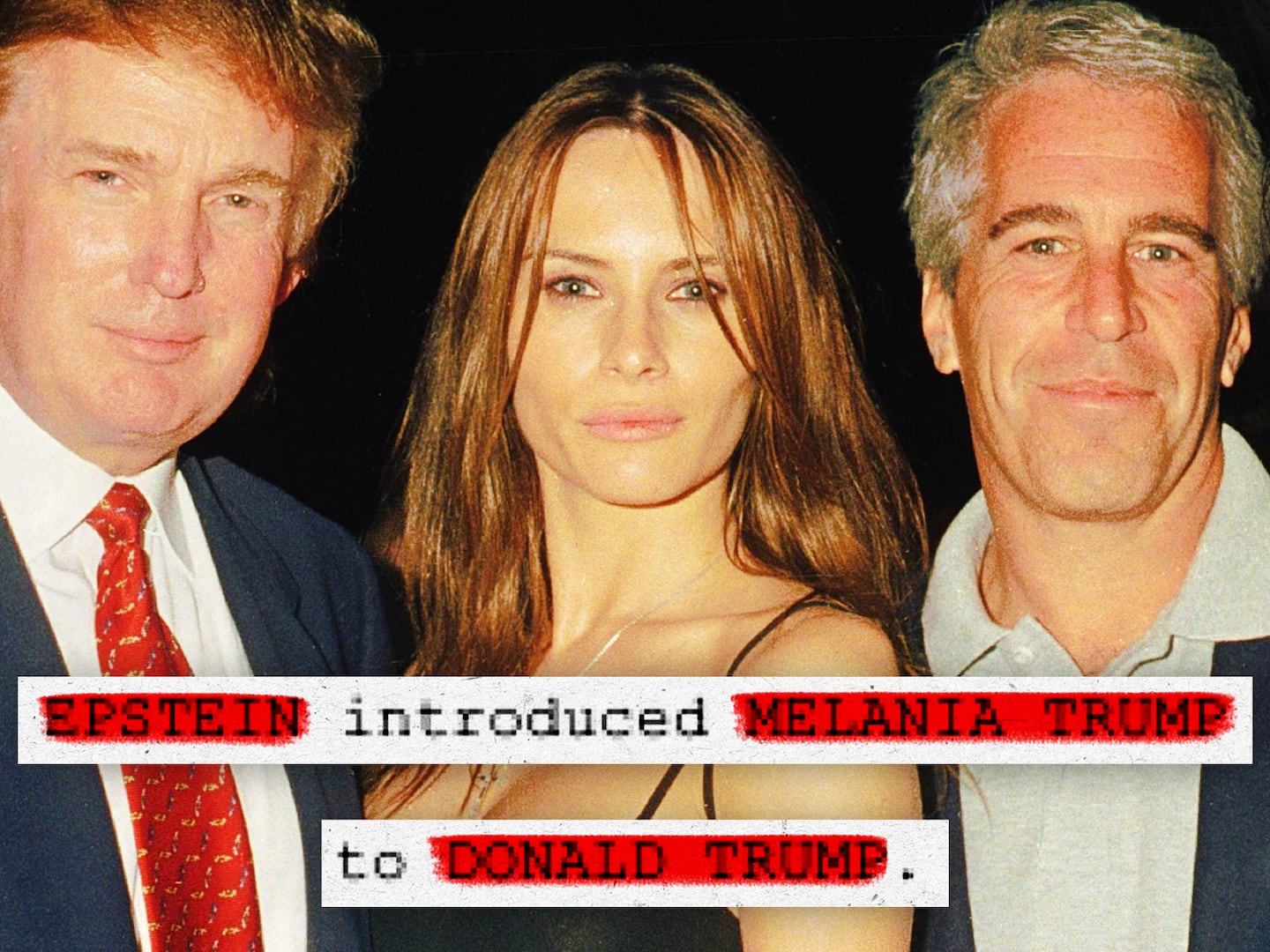After telling a lovely story about his kid’s little-league game, Gil Troy argues that in its “first 320 posts,” Open Zion never features “poetry of the everyday in Altneuland, the Jews’ Old New land.” By ignoring “stories of ordinary life on both sides of the [Palestinian-Israeli] divide,” we have acceded to “Palestinian propagandists” who want us to “believe that Israel and the Palestinian territories are a perpetual warzone.”
Well, I’m gratified that someone other than us has read all 320 pieces. Although apparently Gil’s “quick survey” missed a couple. There’s Gershom Gorenberg’s piece, for instance, about Israeli climber Nadav Ben-Yehuda’s heroism, the Israeli spirit of communal responsibility, and why, in Israel, “a total stranger can run down the street to tell you that your child should be wearing a sweater.” And there’s Yehudah Mirsky’s poignant, intermingled memories of his father and Jerusalem: “the slant of the sunlight in his old childhood neighborhood near the Mahane Yehudah open-air market, the perfect, limpid Hebrew that flowed from his mouth, and the particular sheen of the rainwater on the asphalt of the Jerusalem streets that I walked obsessively, looking for him, after he died.”

And even some of the harshest criticism of Israel on Open Zion has featured the “poetry of the everyday.” Emily Hauser’s account of why she left Israel comes to mind. Though she calls Israel a society that “produces and indeed rewards hate,” she also wistfully remembers the joys of Jerusalem during Passover season: “people who know why I’m frantic in the lead-up to the Seder, bus drivers wishing me a hag sameah, and neighbors asking ‘where are you for the holiday?’” You can be pretty angry about the direction Israel’s going and still celebrate its people and its everyday life.
Gil’s argument is also crucially vague: Is it an onslaught of pieces about the conflict to which Gil objects, or is it just exclusive coverage of Israeli political issues, rather than its happy moments? Does my piece about whether the Mofaz-Netanyahu coalition will result in changes on Haredi issues further the idea that Israel’s a perpetual warzone? Certainly not. Like the piece we ran on LGBT rights in Israel, or, say, Gil’s own piece on similarities between anti-immigrant racism in Israel and the U.S., my piece suggests that Israel is a normal society, with lots of normal, political fights. That’s not pretty, but neither should be Zionism. The ideal, last I checked, is a Jewish policeman arresting a Jewish thief, not “There are no cats in Jerusalem, and the streets are paved with cheese.” What does Gil want from me, a sentence about how movingly the Haredim pray?
And that’s the really infuriating part of Gil’s critique for me. I have those stories. I learned at an Israeli yeshiva for a year, took runs on the slopes of Mount Gilboa, talked to friends in my broken Hebrew about their psychometric tests, and, while hitchhiking, discussed the finer points of the Miami Boys Choir with settlers. Heck, I have stories about how movingly the Haredim pray (seriously, there’s this guy in Nachlaot with the most amazing nusach). In August, I’m going back to Israel for another year.
And frankly, if my partner weren’t a female rabbinical student, for whom Israel would be a professional hell, I might think about making aliyah. Though I guess I shouldn’t say that, because I’m straying from the “poetry of the everyday” and into politics. Whoops.
I don’t avoid the everyday, Gil. I write about what I think is urgent: the occupation, anti-democratic legislation, African refugees. I write about that stuff because it’s what confines, twists, and warps the everyday. When the government quietly transfers 250,000 Palestinians, most of whom went abroad to get degrees, that’s 250,000 lives worth of Kodak moments Israel loses. When Israel dismantles the Palestinian village of Susya, a whole lot of soccer games get interrupted. When Eli Yishai says Israel belongs to “us, the white man,” well, there are results for ordinary people.
So my bet is Open Zion will continue to do what it has: build a conversation about Israel that is broad, eclectic, and centered on politics. Because Jews, Palestinians, and the rest of the mixed multitude living under Israeli rule all deserve the same pastoral joys as Gil’s kid.






